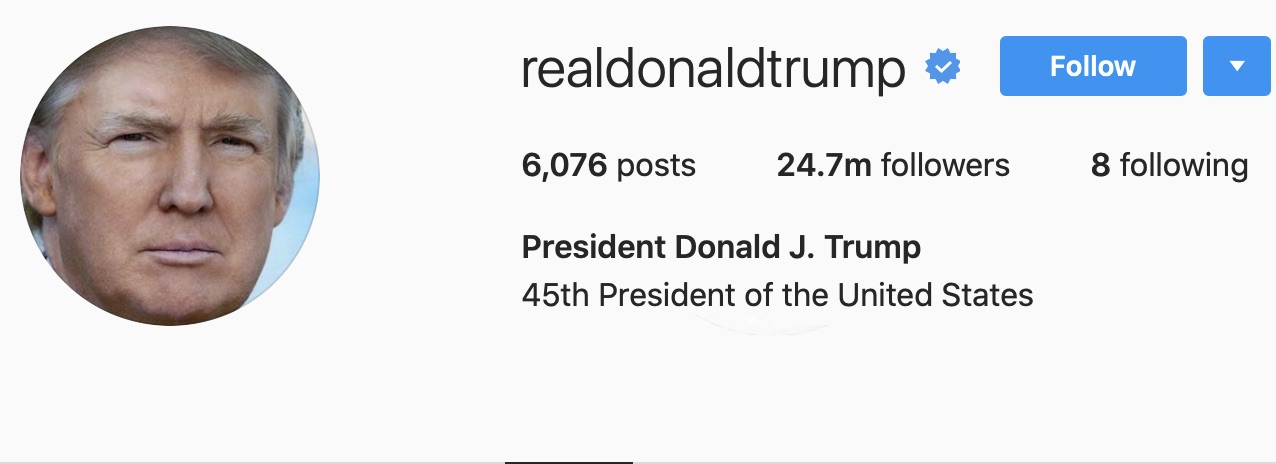Almost two weeks ago, Twitter permanently banned now-former President Trump’s account, citing several tweets violating their ‘Glorification of Violence policy.’ Is this an infringement of his free speech, or just Twitter doing their due diligence to protect the public?
Just after midnight on January 6th, Trump began a stream of tweets deriding the election results as well as the casting of electoral votes scheduled for that afternoon. His tweets during the morning mainly claimed discoveries of fraudulent votes, while those during the afternoon addressed his supporters, egging them on with only some degree of subtlety.
Besides a seven-hour period (presumably while he slept), his Twitter account only fell silent twice that day: once from 11 a.m. to 2 p.m. at the time of the Capitol being stormed, and then again at 6 p.m. when Twitter temporarily suspended his account for 12 hours. In total, he made 22 posts that day.
At 7 p.m. the next day Trump tweeted a video speech in which he acknowledged Biden’s victory in the presidential election for the first time, and announced his goals to have a smooth and peaceful transfer of power. However, this statement was marred by the false assertion that he issued the order that deployed the National Guard, a clear attempt to embellish his role in turning the tide of the riots.
He also defended his bitter opposition to the election results, claiming “my only goal was to ensure the integrity of the vote, and so doing I was fighting to defend American democracy,” and refusing to openly admit his mistake. Trump returned to his original approach on Jan. 8 when he addressed his 75 million electoral voters as “great American patriots” and dramatically announced his planned absence for the Inauguration on Jan. 20.
Recently, Twitter has begun cracking down on the deletion of records of permanently suspended accounts held by politicians and celebrities, so Trump’s tweets from his personal account can only be viewed in independent archives.
The permanent suspension was issued because of two tweets Trump shared on January 8: first, “The 75,000,000 great American Patriots who voted for me, AMERICA FIRST, and MAKE AMERICA GREAT AGAIN, will have a GIANT VOICE long into the future. They will not be disrespected or treated unfairly in any way, shape or form!!!” and shortly later “To all of those who have asked, I will not be going to the Inauguration on January 20th.”
According to CNET, Trump immediately took to the official @POTUS Twitter account, which he had largely ignored until then, to rant about Twitter violating Internet law and restricting his free speech. Twitter has since limited his activity from the presidential account, but do not plan to suspend the account because it will be transferred to President Biden upon his inauguration.
Since the permanent suspension of Trump’s personal account, many arguments have surfaced regarding Section 230 of the Communications Decency Act (CDA), which is the law currently protecting Twitter from legal action in response to the temporary and permanent ban.
Section 230 says that the owners or providers of a social media platform are not liable for anything a user posts on their website, and the CDA allows them to block indecent material on their site, particularly to prevent it from reaching minors.
Trump’s argument that his freedom of speech was blocked is flawed for two reasons. One comes from the first Amendment, and one comes from the Supreme Court. The First Amendment, which speaks of freedom of religion, speech, press, assembly, and petition, is framed within the first few words – “Congress shall make no law.” So while Congress cannot inhibit anyone’s speech, the First Amendment is irrelevant to the operation of a private company like Twitter.
Furthermore, in the 1968 case Pickering v. Board of Education, the Supreme Court noted that any government employee’s freedom of speech is significantly lessened. Specifically, if the statements are incompatible with their status as a public official, or simply if they knowingly or recklessly are repeating falsehoods, their speech is not protected. All three of Trump’s tweets that are at issue fall into those categories, and therefore are not considered part of his freedom of speech.
However, it’s worth remembering that Twitter did not take action over those tweets out of a sense of civic duty. Trump has been tweeting statements about the coronavirus with varying degrees of truthfulness and credibility since January 2020. While Twitter did mark some of them as ‘fake news,’ they did not take serious action until all eyes were on them following the Capitol being stormed.
While Twitter’s actions appear to have been largely out of pure self-interest, Trump’s dispute falls outside of the First Amendment’s jurisdiction. It may very well be for the best that Trump’s Twitter pulpit and his presidency have come to an end so close together so that America can finally move on from his regime.




